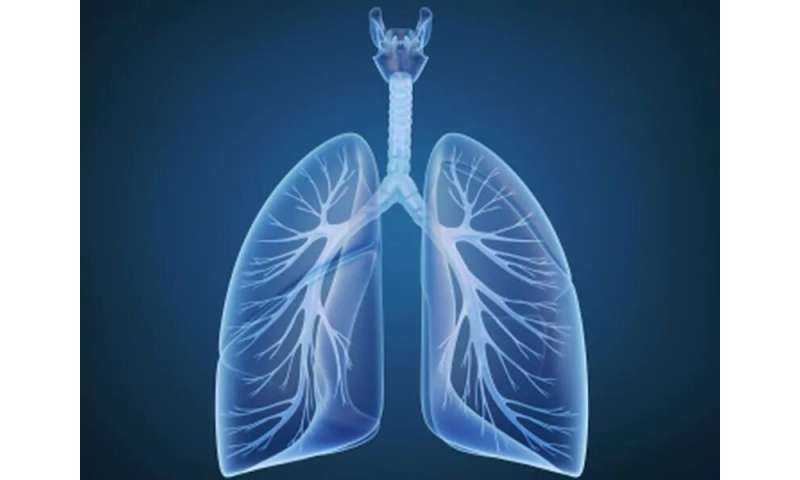
(HealthDay)—Not all patients have access to new, high-cost lung cancer drugs, according to a study recently published in the Journal of the National Cancer Institute.
Cathy J. Bradley, Ph.D., from University of Colorado in Aurora, and colleagues used Surveillance, Epidemiology, and End Results-Medicare data (2007 to 2015) supplemented with the Area Health Resource File to identify patients (aged ≥ 66 years) enrolled in fee-for-service Medicare Part D who were diagnosed with a first primary diagnosis of metastatic non-small cell lung cancer and received an antineoplastic agent. High-cost antineoplastic agents were defined as ≥$5,000 per month.
The researchers found that patients who lived in areas of high poverty were 4 percentage points less likely to receive high-cost agents. Patients not treated at a National Cancer Institute-designated center were 10 percentage points less likely to receive these agents. There was a 27-percentage point increase in the likelihood of receiving a high-cost agent in 2015 versus 2007, illustrating the rapid change in practice patterns.
Source: Read Full Article
